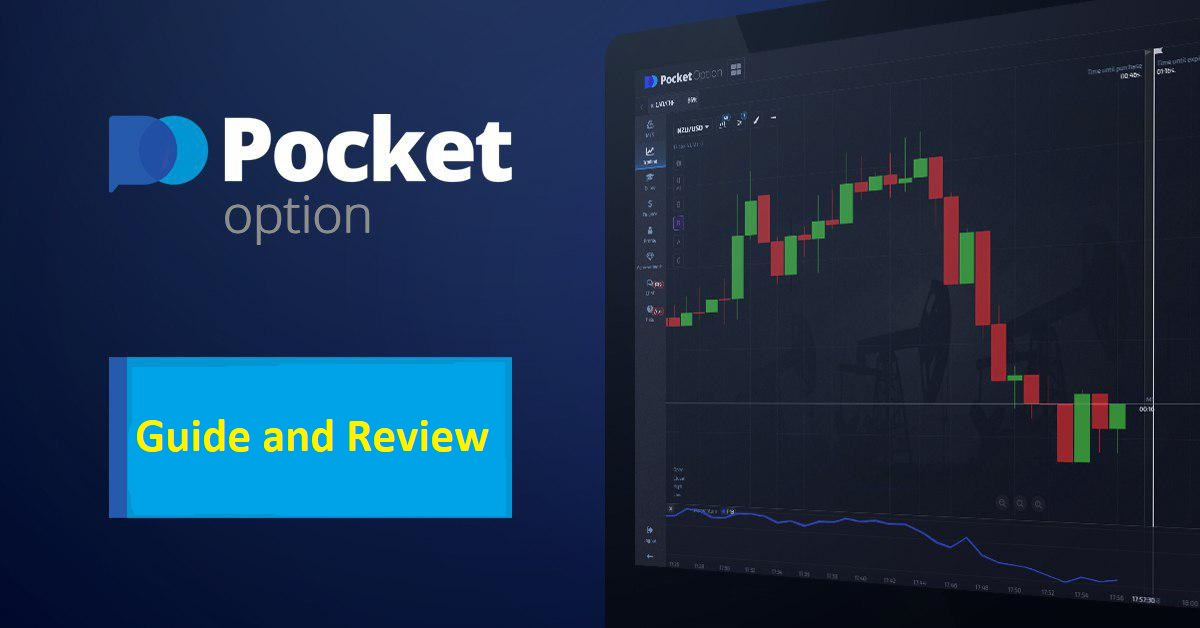
When engaging in online trading through platforms like Pocket Option, one of the critical aspects traders must consider is the tax implications of their activities. Understanding pocket option taxes contatto Pocket Option taxation is essential for managing your overall trading strategy effectively. This article aims to provide an overview of the taxes related to Pocket Option trading, the responsibilities of traders, and strategies to optimize your tax situation.
Understanding Taxes on Trading Income
In general, the income generated from trading activities, including binary options trading on platforms like Pocket Option, is subject to taxation in most jurisdictions. The specific nature of these taxes can vary greatly depending on the country where the trader resides. Generally, trading income might be taxed as ordinary income or capital gains, depending on the duration of the investment and the specific tax laws that apply.
Tax Responsibilities for Pocket Option Traders
Traders must accurately report their earnings from Pocket Option on their annual tax returns. This includes any profits made from trades as well as any losses incurred. Failure to report this income can lead to significant penalties, including fines and back taxes owed.
Types of Income and Tax Implications
When trading on platforms like Pocket Option, traders should be aware that earnings can be classified into different categories:
- Short-term Capital Gains: If the holding period for trades is one year or less, the earnings are typically considered short-term capital gains, taxed at the trader’s ordinary income tax rate.
- Long-term Capital Gains: For positions held for over one year, any profits may qualify for long-term capital gains, which are often taxed at a lower rate. However, this is less common in the context of binary options trading.
- Ordinary Income: In some jurisdictions, income derived from trading activities may be treated as ordinary income, subject to standard taxation rates.

Record Keeping and Documentation
Traders are required to keep detailed records of all transactions made on Pocket Option. This includes dates of trades, amounts, winning and losing trades, and any related expenses incurred while trading. Good record-keeping will not only help in accurately reporting taxes but also in claiming any potential losses that can be deducted to minimize tax liabilities.
Tax Deductions and Loss Carryforwards
Many traders may not be aware that they can potentially deduct trading-related expenses on their tax returns. Expenses may include trading software, internet costs, or educational materials used to improve trading skills. Additionally, if a trader finishes the year with a net loss, they can often carry these losses forward to offset future gains, reducing future tax liabilities. Understanding how to utilize these deductions is crucial for maximizing profitability after tax considerations.
Consulting a Tax Professional
Tax laws can be complex, particularly for individuals engaged in international trading or investment activities. It is highly advisable for Pocket Option traders to consult with tax professionals who understand the implications of trading incomes in their specific country. A tax professional can provide insight into effective strategies for minimizing tax liability, compliance with local laws, and potential benefits of different trading structures.
Conclusion
As online trading continues to grow, so does the importance of understanding the tax implications related to this activity. For traders using platforms like Pocket Option, being proactive about tax obligations and maintaining thorough documentation is essential. By understanding the different types of income, the importance of record-keeping, and the potential for deductions, traders can better navigate their tax responsibilities and improve their overall trading profitability.
While the information provided here serves as a general overview, it is crucial for each trader to perform due diligence and stay informed about their specific regulations regarding Pocket Option taxes. By taking these steps, traders can ensure compliance while optimizing their financial outcomes in the world of online trading.